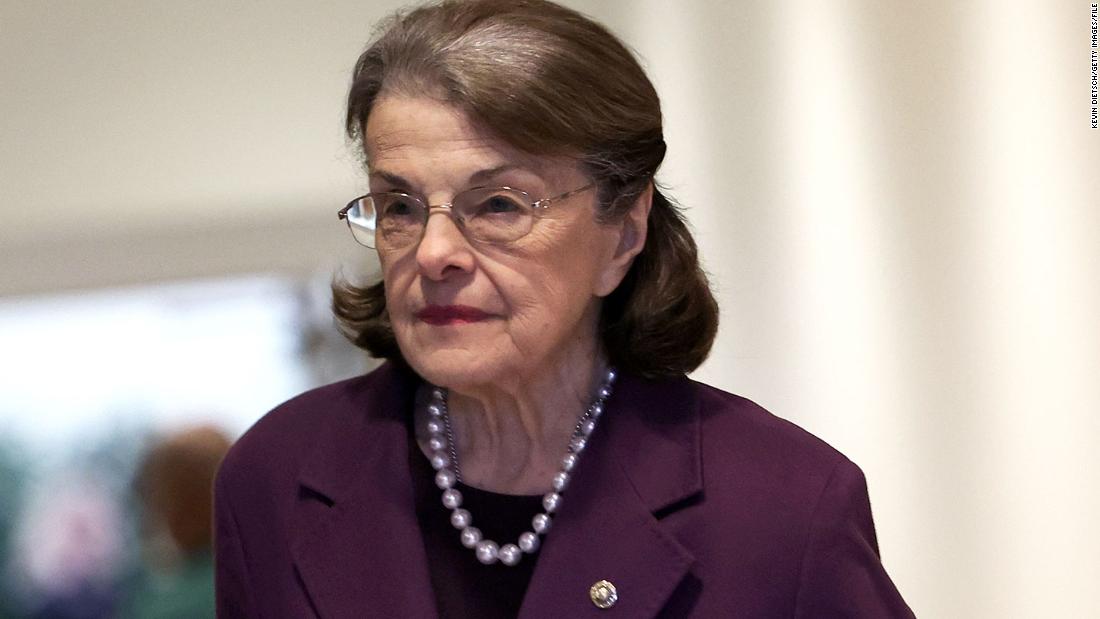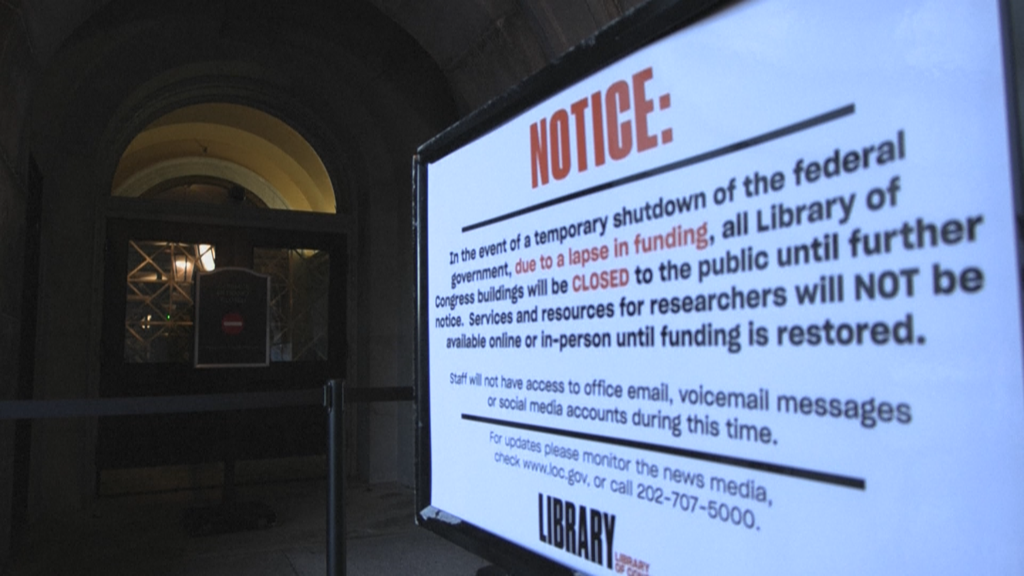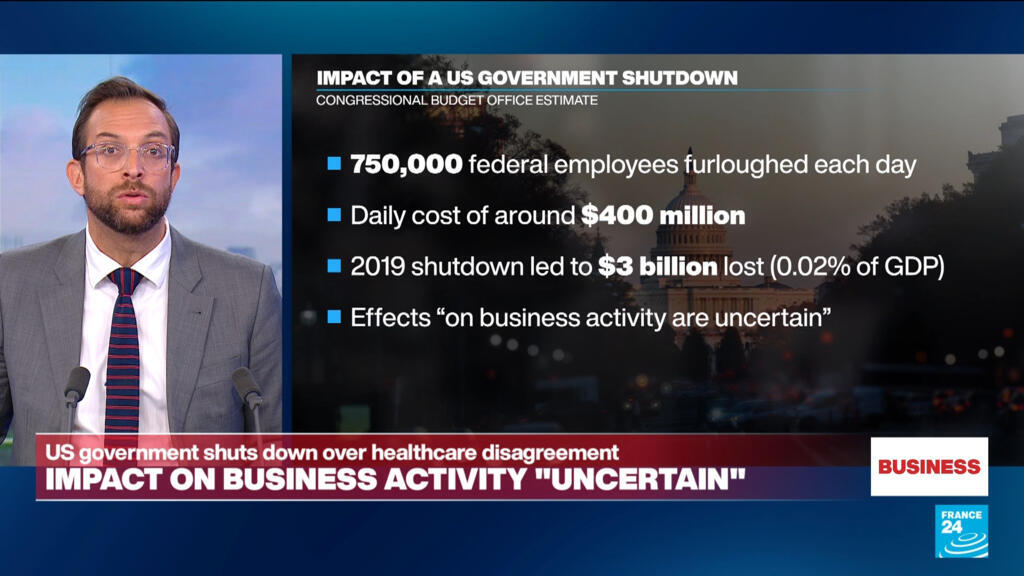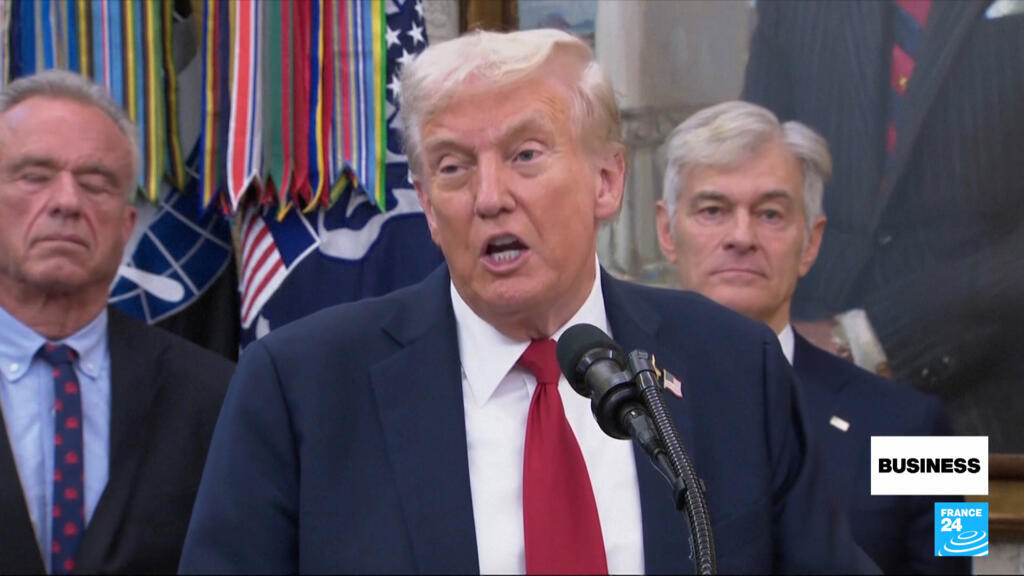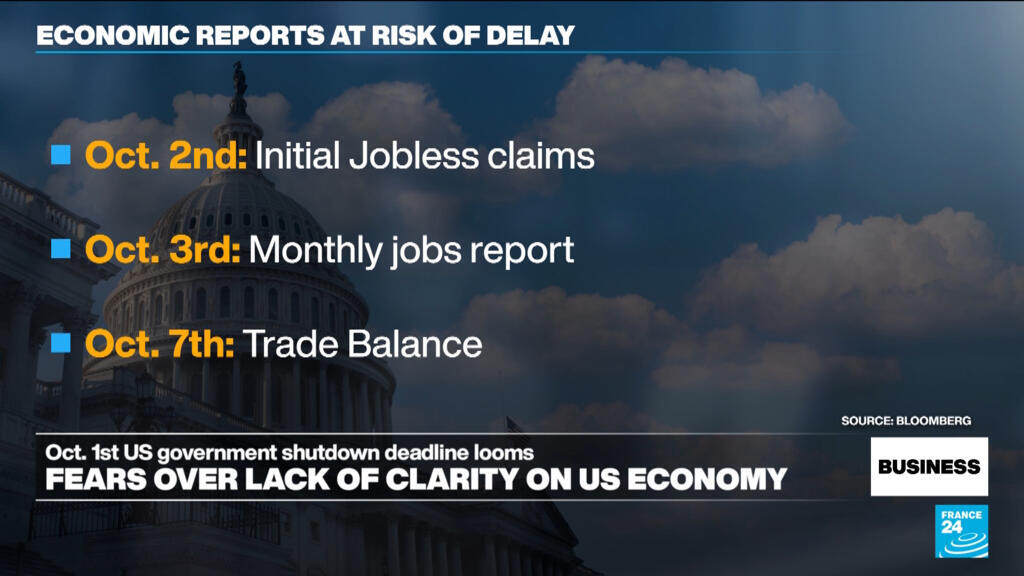Texas Eyes Ethereum as Second Cryptocurrency for State Reserve
Since President Donald Trump resumed office and began working on his plan to make America a global crypto hub, many government bodies have changed their stance towards crypto. As crypto adoption hits an all-time high, even traditionally conservative states like Texas are beginning to key into the President’s crypto agenda. Earlier this year, lawmakers passed […] The post Texas Eyes Ethereum as Second Cryptocurrency for State Reserve appeared first on Houston Press.


Since President Donald Trump resumed office and began working on his plan to make America a global crypto hub, many government bodies have changed their stance towards crypto. As crypto adoption hits an all-time high, even traditionally conservative states like Texas are beginning to key into the President’s crypto agenda.
Earlier this year, lawmakers passed Senate Bill 778, which set the stage for creating a Bitcoin reserve and allowed the state to accept crypto for taxes and donations. As more people began using digital assets, crypto wallets became a regular part of managing them. Mentions of Sui Wallet for download also appeared more often, showing how these tools are finding their place in everyday use. This kind of move marks a small but clear step toward wider crypto adoption across the state.
Then, on September 1, 2025, Texas joined Arizona and New Hampshire as the only U.S. states to create a strategic Bitcoin Reserve as Senate Bill 21 was passed into law. The bill also made Texas the first U.S. state to allocate government funds to finance its Bitcoin Reserve.
SB 21 states that Texas’s Comptroller of Public Accounts can invest about $250 million in Bitcoin or other digital assets. The bill also states that other municipalities in Texas can invest $10 million each from their local accounts into cryptocurrency.
Speaking on SB 21, just one month after passing into law, Senator Charles Schwertner said that Texas could divert some of the investment to Ethereum instead of Bitcoin, like everyone does. Although most crypto reserves are made up of Bitcoin, the senator, who sponsored this crypto reserve bill, believes that investing in Ethereum may be a reasonable move for the state government.
However, other lawmakers may not take Schwertner’s advice as Ethereum has failed to meet the threshold set by SB 21. The law states that eligible cryptocurrencies must maintain an average market cap of $500 billion for a period of 24 months. If any cryptocurrency falls short of this requirement, it won’t be considered by the government.
So far, only Bitcoin has met this requirement with a market cap of more than $2 trillion. Ethereum was on its way to meet the requirement, but fell short on Friday, October 10, as its market cap stood at stood at $469 billion. Given that its market has been hovering around the required $500 billion in the past few months, lawmakers will be monitoring it to see if they can invest in it.
The 24-month requirement is important because the reserve is more focused on cryptocurrencies that can provide long-term value and not short-term returns.
Schwertner explained that the government is taking careful steps with the reserve and the money sponsoring it. SB 21 also states that the assets should be kept in a separate fund outside the Texas treasury. As such, the state comptroller is carefully vetting qualified custodians that can help secure the reserve.
Overall, creating a crypto reserve is a bold step for the government, but it is a necessary one. Although investing in Bitcoin seems like the obvious choice, Ethereum holds much promise for the future of smart contracts and could offer different upsides from Bitcoin. Creating a crypto reserve also shows that the government is in support of the digital asset economy and could support more crypto-friendly regulations.
The post Texas Eyes Ethereum as Second Cryptocurrency for State Reserve appeared first on Houston Press.






